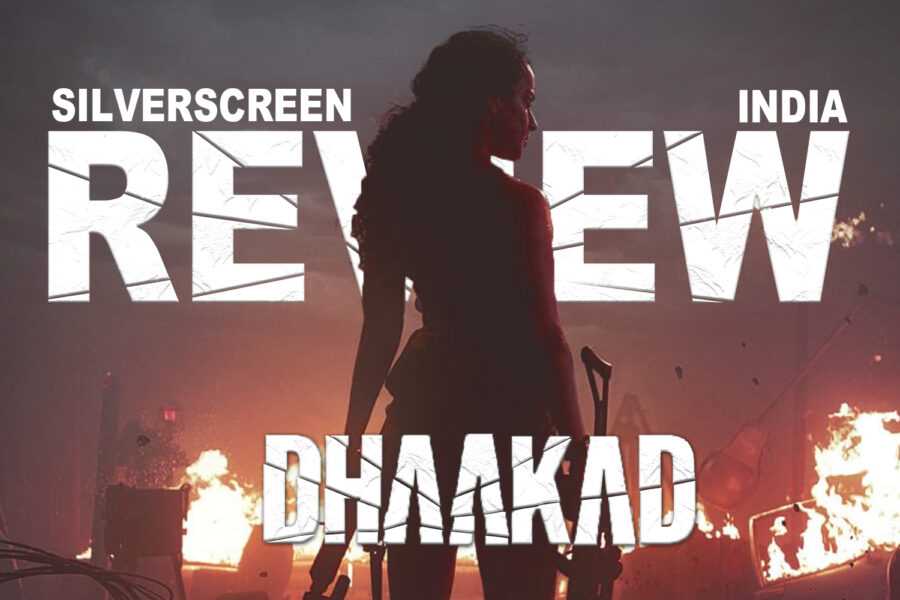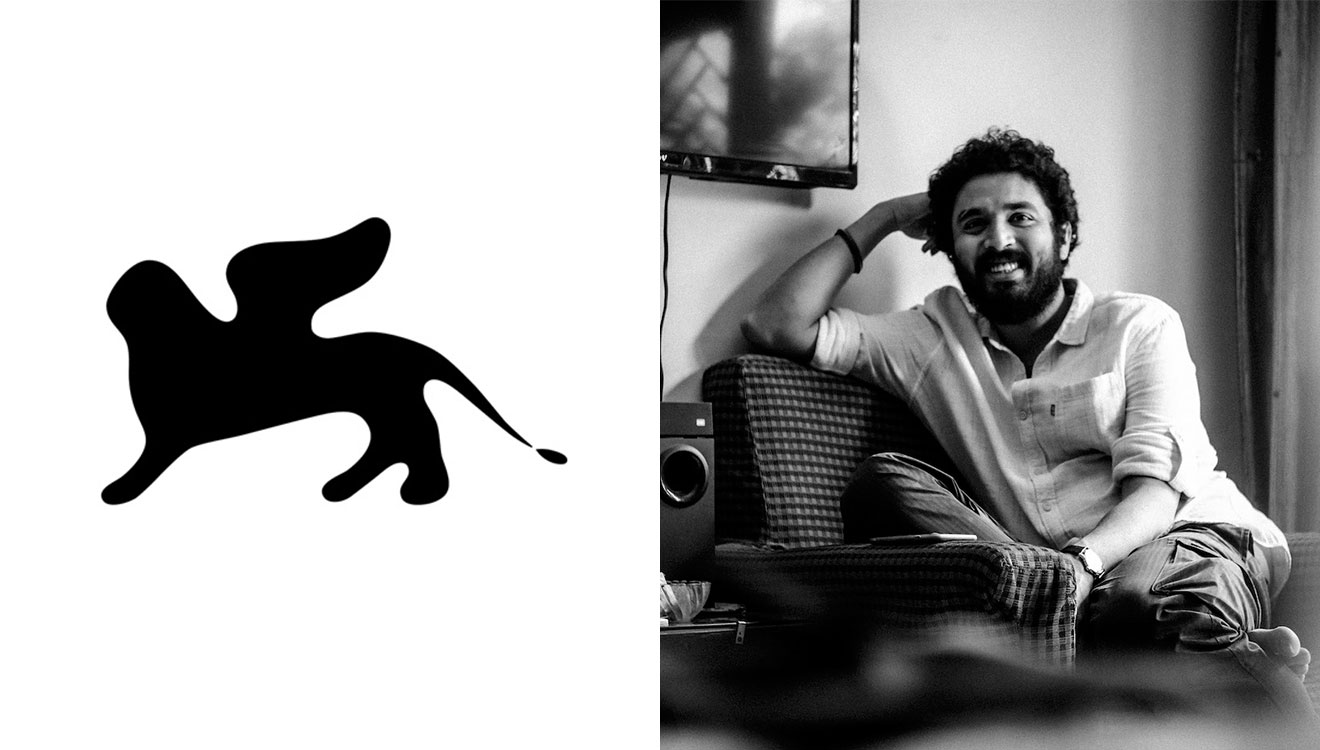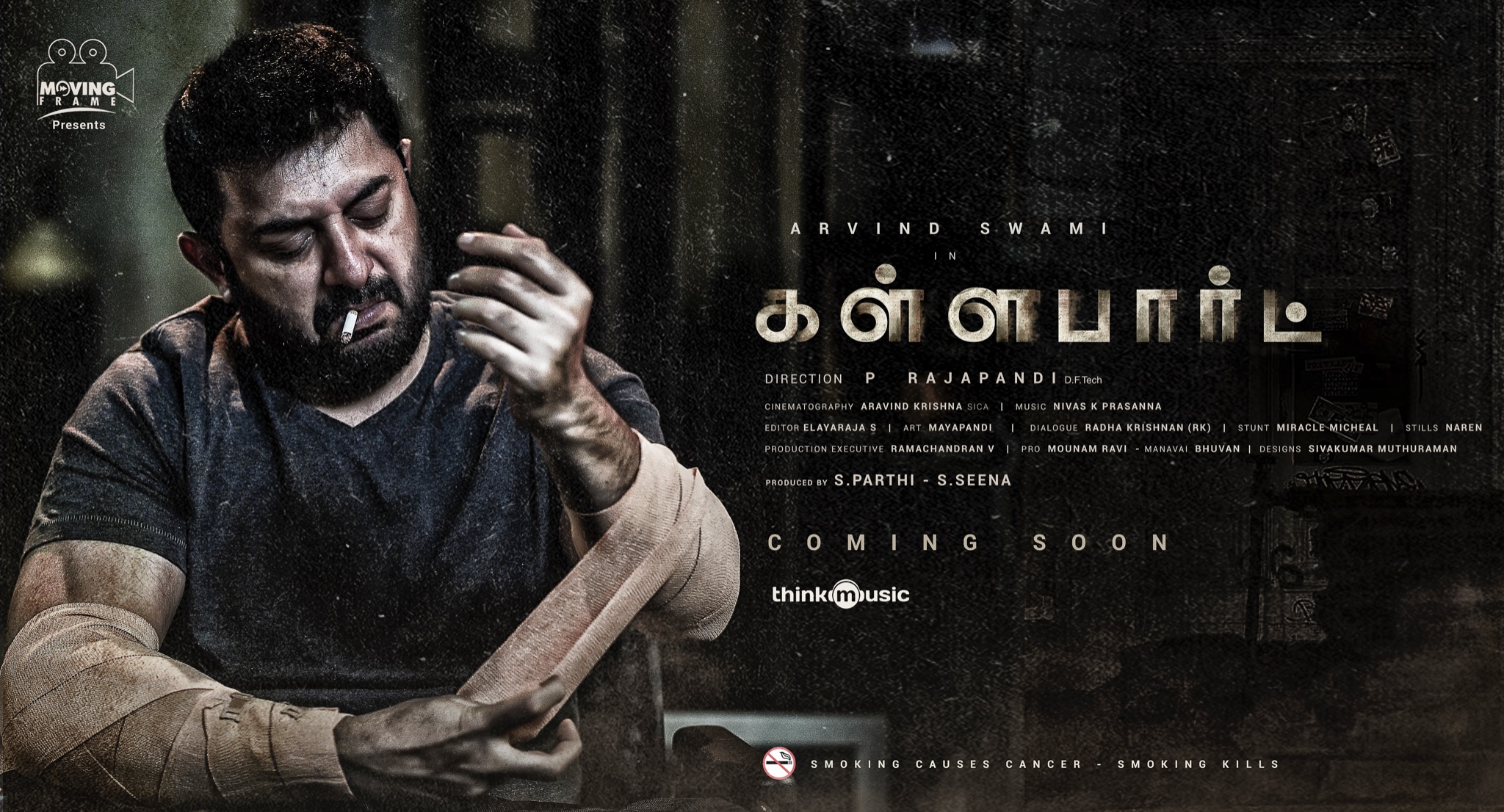It would be disingenuous to complain about the high-octane action sequences and gore in a film that fancies itself an action thriller—one of the agencies thanked at the film’s beginning is ‘Trigger Happy.’ So, even if my head is still reeling from the many sounds a bullet can make, I will not question Dhaakad‘s violence. What I will question, though, is everything else. Except for the fact that it has a female protagonist playing an international agent, a rare occurrence in Indian cinema, the film has nothing new to offer its viewer—not the premise, plot devices, twists, and, definitely, not the set pieces. Yes, it is fun to watch a Villanelle-esque Kangana Ranaut lick the blood around her mouth; I was excited at the prospect of a psychotic protagonist, but that only goes for a few seconds, and the film is two hours long.
Even the female aspect falls apart because the film’s gaze is firmly male. Otherwise, why would a short scene whose purpose is character exposition, which the movie rarely spends time on, wastes some of its time zooming in on strippers working the pole? Look, it is nice that Agent Agni (Ranaut) is left alone to brood and scowl instead of having to entertain a romantic interest. It is refreshing that she never had to explain her violent streak beyond the weak flashback/origin story. But, the film needed so much more to sustain the incessant action. I can even understand the simple emotional stakes, but the cliche-riddled journey the film takes its protagonist on is unacceptable.
The film begins promisingly. Tetsuo Nagata’s camera opens the film with a great shot of Budapest. He continues to capture the city and the city of Bhopal rather marvellously—especially the fight on the rooftop towards the film’s end. The lighting, too, adds so much to the atmospheric nature of the narrative. Even if Kangana’s intro feels inspired, to put it mildly, the scene of her returning to the hotel room with a wound invites one to expect great things. Without the wig and the devil-may-care attitude, she looks much more vulnerable. The Agni we are yet to see and understand. Kangana, too, is excellent in those sequences. But the film, or rather Razneesh Ghai, doesn’t know what to do with this potential, both of the actor and the character, so he takes the tried/tired and tested route.
Arjun Rampal and Divya Dutta‘s characters are given enough scope and space to shine, and they do in parts. But the emotional arcs of all characters involved in the film are broad and predictable. How can a viewer invest if they already know a character’s every beat? How can they connect with something that’s barely there? The problem isn’t just with the characterisation. It is the screenplay as well. Despite Rameshwar S. Bhagat‘s editing and smooth transitions, the script underneath moves randomly from one scene to the other. The jumps rarely make sense, and replaying an already weak flashback three times ensured that what little heft it carried was also lost.
Recommended
Razneesh Ghai’s Dhaakad is a prime example of a film that thinks intentions are enough. Clandestine meetings in expansive churches, aesthetic placement of fire in coal mines, Divya Dutta’s easy evil, and Arjun Rampal’s bleached hair can only take a film so far. Dhaakad needed a better Kangana, one we saw in her Revolver Rani days. But, more importantly, it needed a better script that could inspire her to push behind all the noise and do what she does best: commit. Because the diligent Kangana we once knew, would know immediately that blocking her face with eight hairpins—to hold a blonde wig in its place—is not what sexy and pouty is all about.
*****
This Dhaakad review is a Silverscreen original article. It was not paid for or commissioned by anyone associated with the movie. Silverscreen.in and its writers do not have any commercial relationship with movies that are reviewed on the site.



